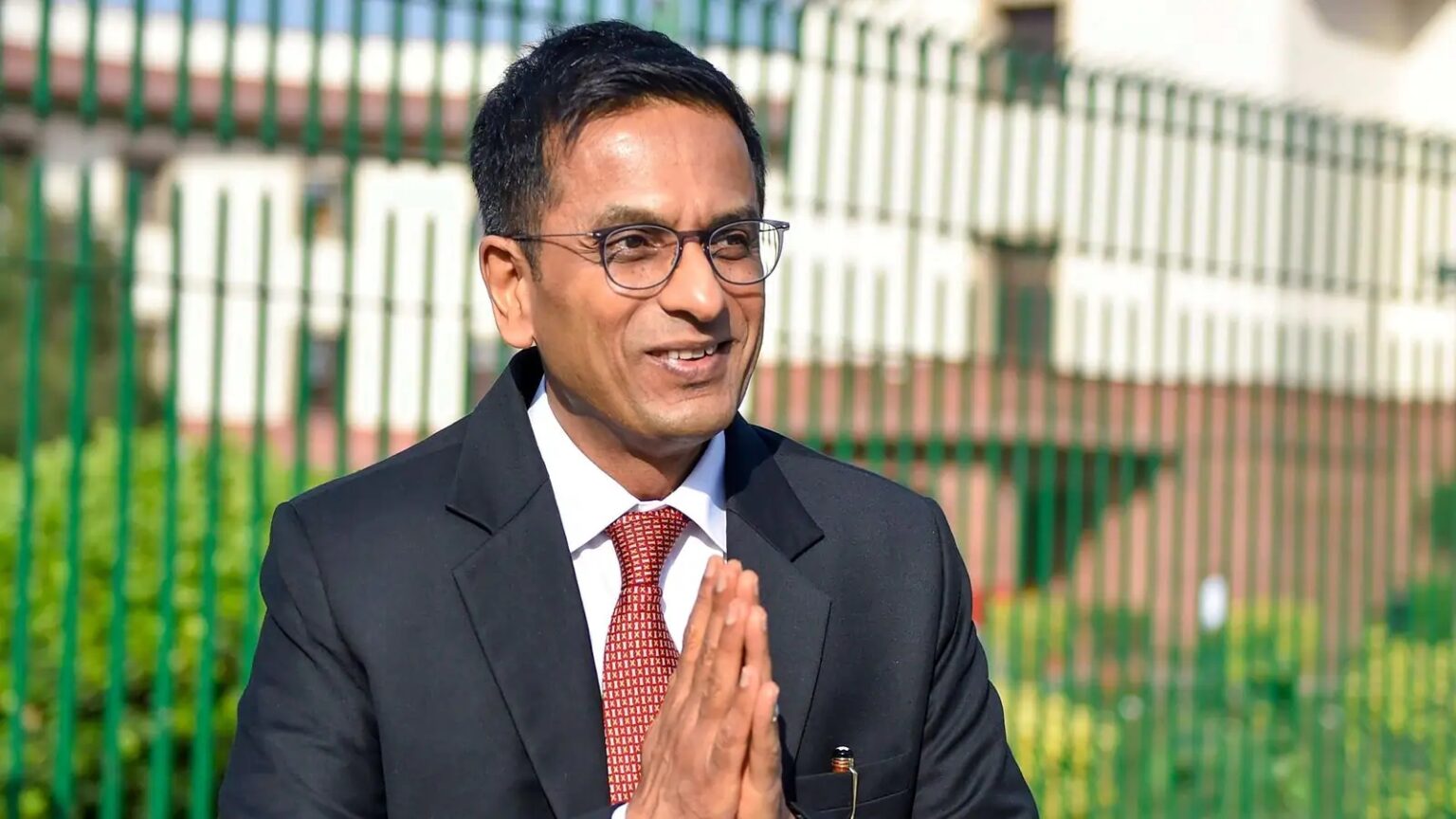Table of Contents
CJI DY Chandrachud expressed concern over the view of the Court as a “temple of justice” and judges as divine beings. He stressed that the primary role of judges is to serve the public interest, not to be worshipped. Speaking at a conference in Kolkata, CJI Chandrachud emphasized the significance of “constitutional morality” in maintaining the credibility of the Court system. “Frequently, we are referred to as Honour, Lordship, or Ladyship. It is highly concerning when individuals claim that the court is a temple of justice. It is risky for us to view ourselves as deities in such sanctuaries,” he stated.
He promoted the idea of considering judges as servants of the people, endorsing compassion and empathy. “I would rather redefine the judge’s role as a servant of the people. And when you see yourselves as individuals who are there to serve others, then you introduce the concept of compassion, empathy, and judging without being judgmental towards others,” the CJI stated.
He mentioned that when judges sentence someone in a criminal case, they do so with a sense of compassion, as they are ultimately dealing with a human being. Chief Justice Chandrachud emphasized the importance of constitutional morality for judges at all levels, including those in the district judiciary, as they are the first point of contact for common citizens. Chandrachud remarked that India’s presence is not limited to major cities, but extends to the smallest villages and talukas throughout the country, whether connected or not, accessible or not. CJI stated during the keynote address at the two-day East Zone II regional conference of the National Judicial Academy.
“potential impact of personal values and beliefs on judgments”
The Chief Justice warned about the potential impact of personal values and beliefs on judgments that contradict constitutional values. He emphasized the importance of maintaining India’s diversity within its federal framework and observed that constitutional morality is reflected in the societal values articulated in the Constitution’s Preamble.
CJI Chandrachud also highlighted the role of technology in the judiciary, pointing out that language barriers can obstruct access to and understanding of court decisions, which are often written in English. He highlighted the current efforts to develop AI-assisted software for translating 37,000 Supreme Court judgments into all constitutionally recognized regional languages.
He discussed the concept of “constitutional morality,” distinguishing it from regular morality as a limitation on citizens’ rights, and instead as a limitation on the state. Constitutional morality is meant to encompass all aspects of society and create conditions that embrace diversity, promote inclusion, and encourage tolerance. The Chief Justice of India also emphasised that it places an obligation on the state to facilitate the realisation of the society envisioned by the Constitution.
The judiciary should be free from any political influence: says Mamata Banerjee
Mamata Banerjee, the Chief Minister of West Bengal, emphasised the need for an impartial Indian judiciary, free from any political influence, and stressed the importance of its integrity and honesty. Speaking at a conference on Contemporary Judicial Developments in Kolkata, Her remarks were in the presence of Chief Justice of India (CJI) DY Chandrachud.
Mamata said that those involved in the judiciary are essential contributors to the well-being of the nation and the global community. Banerjee underscored the necessity of upholding a judiciary that remains impartial and free from political influences, highlighting the importance of purity, honesty, and sanctity in its functioning.
Image credit: PTI
“It is like a mandir, masjid, gurudwara and church. The judiciary is of the people, by the people and for the people and the last frontier for getting justice and upholding constitutional rights,” she further said and praised Chandrachud for initiating digitisation and e-laws in courts.
